Researchers issue a warning to take immediate action in enhancing agricultural resilience.
Added 2 years ago
By Hawke's Bay Future Farming Trust
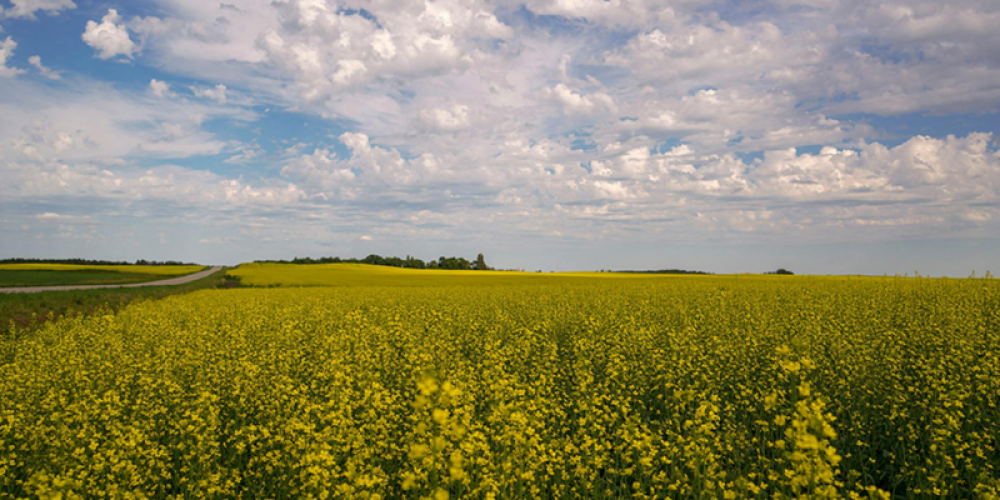
Researchers emphasize the urgency for New Zealand to take immediate action to fortify its food and fuel resilience against potential global crises. Published in the international journal Risk Analysis, their study underscores the critical need for biofuel development, which not only safeguards the nation's food security during catastrophic events but also bolsters its fuel supply against lesser disruptions.
The study stresses the necessity for proactive planning and investment well in advance of any crisis to realize these benefits. By estimating the required agricultural land area and biofuel volumes to sustain the population in the absence of international trade due to events like nuclear winter, massive volcanic eruptions, or severe pandemics, the researchers advocate for strategic preparations.
Lead author Dr. Matt Boyd from Adapt Research emphasizes the importance of investing preemptively to mitigate the escalating global risks. He warns that New Zealand lacks sufficient diesel reserves to endure prolonged catastrophes or fuel shortages, necessitating immediate action to safeguard local food production.
Co-author Professor Nick Wilson from the University of Otago, Wellington, highlights the study's proposal to expand canola cultivation for biodiesel production. This strategy aims to ensure enough fuel to operate farm machinery critical for food production post-catastrophe. The study prioritizes wheat, potatoes, and dairy production, with wheat requiring the least biofuel for production, harvest, and transportation.
While acknowledging the eventual shift to electrified agricultural machinery, the researchers stress the need for diesel-powered equipment for the foreseeable future. They assert that the study's findings offer a blueprint for countries globally to evaluate their agricultural resilience and take proactive measures toward self-sufficiency.
Furthermore, the study underscores New Zealand's vulnerability due to its reliance on fuel imports, with only a limited 21-day supply of diesel available at any given time. The option of biofuels integration is positioned as part of broader strategies for food and energy resilience, requiring assessment against alternative approaches within this comprehensive framework.
Be the first to leave a comment.
Leave a comment
All comments are reviewed before they are published on the website. Your email address will not be published.
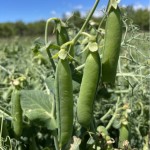
Carbon Positive Trial Update – February 2025
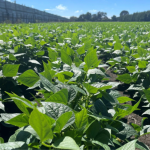
Carbon Positive Update
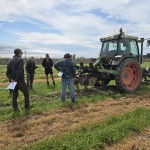
Community Engagement and Knowledge Sharing Strengthen the Carbon Positive Project
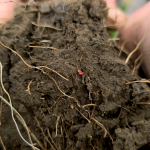
Are We Changing Soil Carbon Yet? Three Years In, the Jury’s Still Out

Farewell to Trustee Phil Schofield – A Foundational Leader of the HBFFCT
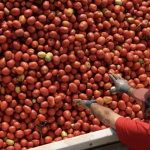

Join the conversation